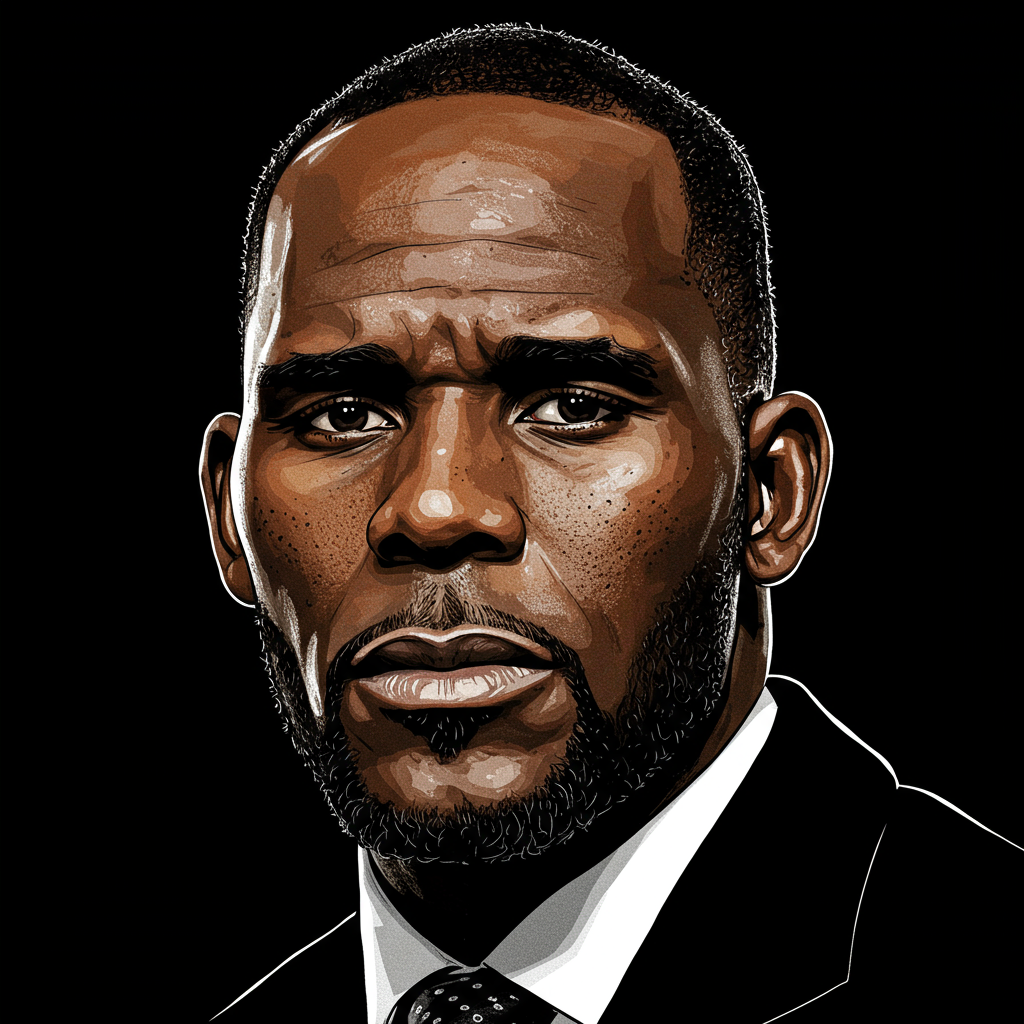Mariska hargitay, the beloved star of “Law & Order: SVU,” has recently shared a deeply personal journey through her directorial debut, the documentary “My Mom Jayne.” This film goes beyond the public persona of her iconic mother, Hollywood actor Jayne Mansfield, exploring her complex life and enduring legacy. For Hargitay, creating this documentary was far more than a professional endeavor; it became a profound emotional excavation, leading her to finally see her mother with new eyes—eyes that ultimately view her “a little bit like a superhero.” The process involved opening both literal and metaphorical boxes, uncovering long-held secrets and reframing a relationship cut tragically short when Hargitay was just three years old.
A Daughter’s Quest for Understanding
Jayne Mansfield was a mid-20th-century sex symbol, famous for her blonde bombshell image. Yet, despite her mother’s widespread fame, Mariska Hargitay realized she knew surprisingly little about the woman behind the carefully crafted persona. This realization fueled a lifelong desire to connect with her mother “just as Jayne, my mom, Jayne.” The documentary “My Mom Jayne” serves as the culmination of this quest, a heartfelt attempt to fill “this little hole in [her] heart.” Hargitay chose the documentary format over writing a book, feeling it was a more visceral way to tell the story and prioritize the voices of others who knew Mansfield. The timing felt right during the pandemic, providing the space needed for the emotional work and processing of unopened letters related to her mother’s life.
The Complexities of Jayne Mansfield
Jayne Mansfield was often portrayed as less intelligent than she was. Contemporary accounts, however, hint at a much sharper mind. A Life magazine article called her “Broadway’s smartest dumb blonde,” and she impressed Groucho Marx with her intelligence, described as a “bright, sentimental and understanding person.” Mansfield reportedly spoke multiple languages and played musical instruments, talents often overshadowed by her image. Remade in Hollywood, she used “pinup-type publicity” as a strategy, but this came at a personal cost. The documentary explores this stark contrast between her public image and the complexities of her private struggles, including what was likely depression and reliance on alcohol and pills.
Unearthing a Secret That Reshaped Identity
One of the most significant and intensely personal revelations explored in the film is the truth about Mariska Hargitay’s biological father. Growing up, she believed her father was Mickey Hargitay, her mother’s second husband and the man who raised her. However, at age 25, she learned from her mother’s former press secretary, Raymond “Rusty” Strait (who had written a book about Mansfield), that her biological father was actually Nelson Sardelli, a former Las Vegas entertainer.
Navigating the Weight of Truth
This discovery was profoundly disorienting for Mariska Hargitay. She described it as the “melting of my identity” and a loss of footing. For years, she carried this secret alone, out of shame and loyalty, especially not wanting to hurt Mickey Hargitay. When she eventually confronted Mickey, he went into denial, leaving her feeling she would have to “shoulder this myself.” Later, at age 30, she confronted Nelson Sardelli. The revelation caused initial anger towards her deceased mother for the secret and perceived hurt to Mickey. She also questioned why Sardelli hadn’t “claimed” her if he knew.
A Path Towards Healing and Reframing
Making “My Mom Jayne” became a powerful healing process for Mariska Hargitay. It allowed her to confront and heal her complicated relationship with a mother she barely knew. Through the film, she could reframe the narrative of her mother’s life and her relationships with both Mickey Hargitay and Nelson Sardelli. She came to see her mother with more grace and understanding.
Seeing the Superhero Within
Reflecting on Mansfield’s difficult journey, including becoming pregnant at 16 and navigating early life and a demanding career independently in Hollywood, Hargitay gained a deeper appreciation for her mother’s strength. This newfound understanding led her to view her mother “a little bit like a superhero” for the tough choices she made and the resilience she showed. Hargitay also arrived at peace regarding Nelson Sardelli, concluding that he “did the right thing” by making the “ultimate sacrifice” for her, despite her initial feelings of abandonment.
Interviews with Mariska’s numerous siblings from Jayne Mansfield’s different marriages, as well as her stepmother Ellen Hargitay, feature in the documentary. These candid discussions, some seemingly happening for the first time on camera, add diverse perspectives and fill in crucial details about Mansfield’s life and character, aiding Mariska in piecing together the full picture.
Connecting with a Mother’s Presence
Since completing the film, Mariska Hargitay feels her mother’s presence more strongly. She points to seemingly coincidental events and deliberately surrounds herself with physical objects connected to Mansfield, such as pink roses, double sinks inspired by her mother’s famous Pink Palace house, and her mother’s piano.
The interview with Raymond “Rusty” Strait proved particularly challenging for Hargitay. She felt anger and a sense of betrayal, believing he hadn’t protected her mother and published inaccuracies. However, she also sees it as “divine intervention” that despite the secret being revealed in a book when she was young, the story remained largely unknown until she was ready to tell it herself through the documentary.
Profound Peace and Future Horizons
Ultimately, the process of creating “My Mom Jayne” has brought Mariska Hargitay “deep and profound peace and renewal.” She believes this personal transformation will positively impact her long-standing acting role as Olivia Benson on “Law & Order: SVU,” allowing her to bring a “renewed Mariska” to the character with more internal space and depth. The powerful closing remarks in the film, a heartfelt letter to her mother, flowed naturally as she allowed herself to express those long-held feelings. Telling this story has also brought other life experiences and connections to the surface, suggesting she might explore writing a book in the future. The documentary stands as a testament to the power of understanding one’s past to shape a more peaceful future.
Frequently Asked Questions
What is the “My Mom Jayne” documentary about?
“My Mom Jayne” is a documentary directed by actress Mariska Hargitay exploring the life and legacy of her mother, Hollywood icon Jayne Mansfield. The film delves into Mansfield’s public image versus her private reality and follows Mariska’s personal journey to understand the mother she lost at a young age, revealing complex family history and bringing healing.
What major personal secret did Mariska Hargitay uncover while making the film?
While the secret was learned years before the documentary, the film prominently features Mariska Hargitay’s discovery that her biological father was not Mickey Hargitay, the man who raised her, but rather entertainer Nelson Sardelli. Learning this truth at age 25 was a deeply disorienting experience that significantly impacted her sense of identity.
How did making the documentary change Mariska Hargitay’s view of her mother, Jayne Mansfield?
Through the process of making “My Mom Jayne,” Mariska Hargitay gained a deeper understanding and grace for her mother. By exploring Mansfield’s difficult choices and life challenges, particularly navigating Hollywood and personal struggles, Mariska came to view her mother not just as a public figure, but with immense respect, seeing her “a little bit like a superhero” for her strength and resilience.
Conclusion
“My Mom Jayne” is more than just a film about a famous mother; it’s a daughter’s courageous and cathartic exploration of identity, legacy, and love. Through unearthing secrets, confronting difficult truths, and gathering perspectives from family members, Mariska Hargitay has not only honored Jayne Mansfield but also found profound personal peace. The documentary reveals how understanding the past, even a complex and painful one, can illuminate the present and bring about a transformative sense of renewal, allowing Mariska to see her mother, and perhaps herself, in a powerful, new light.
Word Count Check: 1140 words



